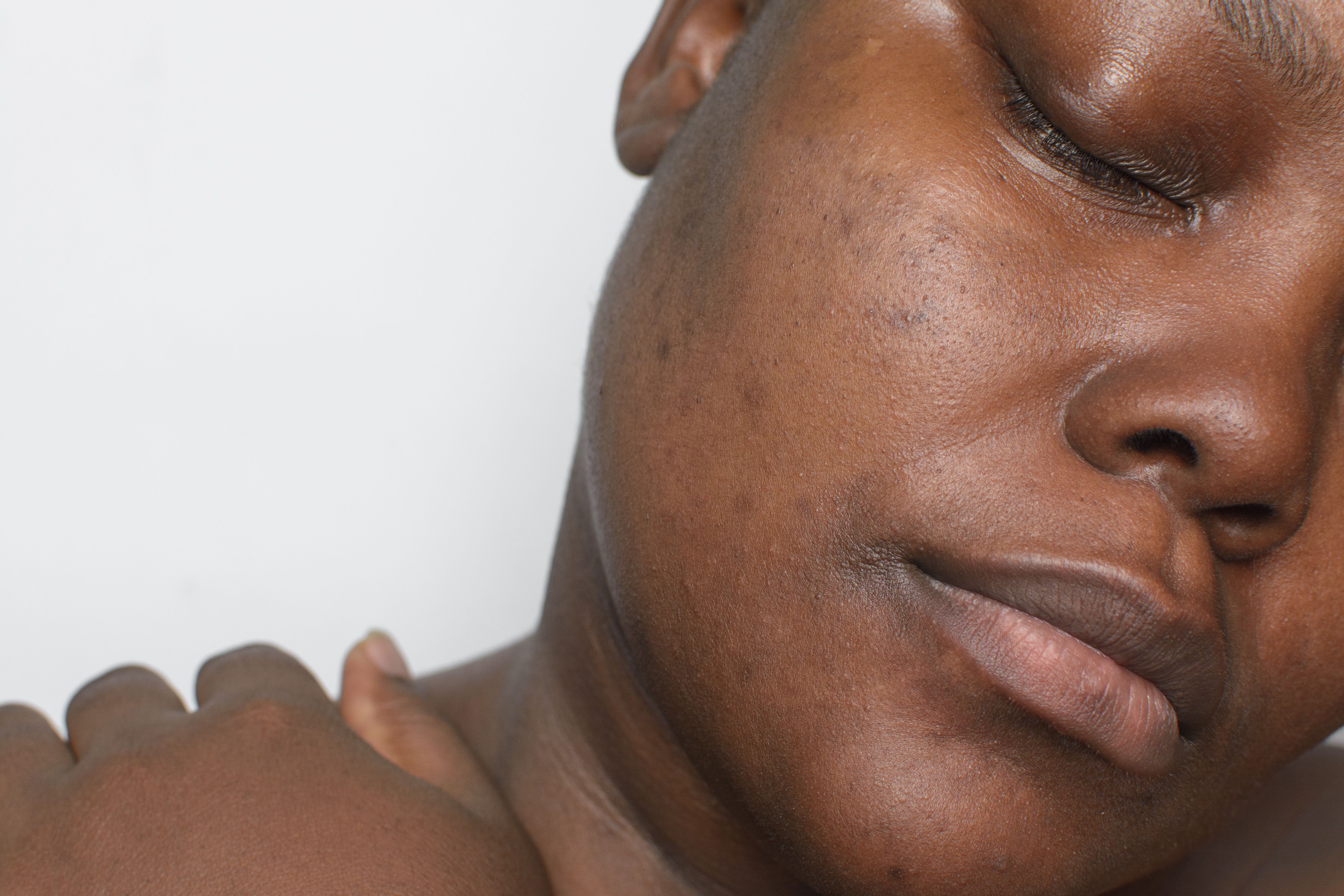- Acne
- Actinic Keratosis
- Aesthetics
- Alopecia
- Atopic Dermatitis
- Buy-and-Bill
- COVID-19
- Case-Based Roundtable
- Chronic Hand Eczema
- Chronic Spontaneous Urticaria
- Drug Watch
- Eczema
- General Dermatology
- Hidradenitis Suppurativa
- Melasma
- NP and PA
- Pediatric Dermatology
- Pigmentary Disorders
- Practice Management
- Precision Medicine and Biologics
- Prurigo Nodularis
- Psoriasis
- Psoriatic Arthritis
- Rare Disease
- Rosacea
- Skin Cancer
- Vitiligo
- Wound Care
Article
Tazarotene Led to Hyperpigmentation Improvement in Black Patients With Acne
Author(s):
A poster presented at the 2023 SDPA Annual Summer Dermatology Conference revealed improvements to hyperpigmentation in a cohort of Black patients with moderate-to-severe acne.
Tazarotene 0.045% lotion use led to significant hyperpigmentation improvements in Black patients with moderate-to-severe acne, according to a poster1 presented at the 2023 Society of Dermatology Physician Assistants (SDPA) Annual Summer Dermatology Conference in Boston, Massachusetts.
this_baker/AdobeStock

In a post hoc analysis of 2 identical phase 3 trials, which were double-blinded, randomized, and vehicle controlled in nature (NCT03168321 and NCT03168334), researchers sought to evaluate the safety of tazarotene 0.045% lotion when used in Black patients with acne. The analysis was based on patient self-identification of race.
In the 2 trials, researchers recruited pediatric and adult participants as young as 9 years of age and older. All patients had moderate-to-severe cases of acne in accordance with the Evaluator’s Global Severity Score (EGSS). Upon inclusion, patients were randomized into 1 of 2 treatment groups: a once-daily application of either tazarotene 0.045% lotion or a vehicle-control lotion for a 12-week period.
Throughout the study, researchers had evaluated treatment-emergent adverse events (TEAEs). Additionally, they assessed and evaluated hyperpigmentation on a 4-point severity scale.
Among the participants (n=1,614) in both trials, researchers found that 16% (n=262) self-identified as Black.
Within this patient population, commonly-reported TEAEs included dryness, exfoliation, and pain at the treatment site, with pain being the most common, reported in 6.6% of Black patients.
Furthermore, rates of hyperpigmentation significantly decreased through treatment with tazarotene treatment from baseline to conclusion. In the vehicle treatment, hyperpigmentation was present in 37.9% of Black patients; at conclusion, this had decreased to 37.2%. However, more significantly, hyperpigmentation was present in 40.5% of Black patients in the tazarotene treatment group at baseline. By the conclusion of the trials, the hyperpigmentation rate had decreased by 9.1%, lowering to 31.4% after 12 weeks.
Researchers found that tazarotene 0.045% was both safe and well-tolerated among patients.
“Acne regimens that maximize efficacy while mitigating irritation is key to managing acne in patients with skin of color, given the higher pigmentary alteration risk in melanin-rich skin,” according to Cook-Bolden et al. “As PIH can take longer than 12 weeks to resolve with treatment, additional improvements in hyperpigmentation may be expected with continued tazarotene 0.045% lotion use.”
Reference
- Cook-Bolden FE, Stein Gold L, Baldwin H, Callender V, et al. Safety of tazarotene 0.045% lotion and hyperpigmentation improvements in black participants with moderate-to-severe acne. Poster presented at the 2023 Society of Dermatology Physician Assistants (SPDA) Annual Summer Dermatology Conference; June 22-25, 2023; Boston, MA.
Newsletter
Like what you’re reading? Subscribe to Dermatology Times for weekly updates on therapies, innovations, and real-world practice tips.















